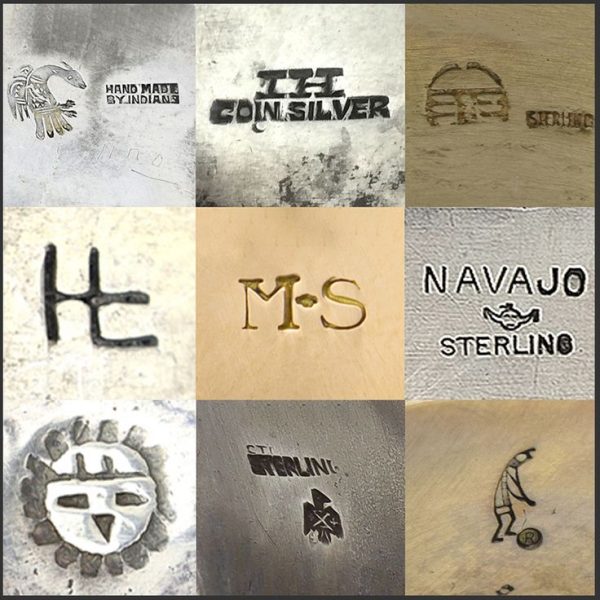Star Trek Into Darkness has phasers set for “stun”
May 17, 2013
Having been raised on Star Trek my entire life, I am one of those Star Trek fanboys that might have seemed impossible to please. I grew up on Star Trek: The Next Generation and even went to a Star Trek Convention when I was 11 years old. However, to say that both the Trekkie and general moviegoer in me were completely satisfied with the second installment of J.J. Abram’s Star Trek movie franchise, Star Trek Into Darkness, would be the understatement of the year.
For moviegoers who were generally not invested in the Star Trek franchise prior to Abram’s 2009 Star Trek reboot, Into Darkness has much to offer for a summer blockbuster. Intense action, intriguing plot developments, excellent character development, and humor make the list.
Most importantly however, despite being more intense then the classic Star Trek movies, there is also an anti-war humanist message that I feel the original Star Trek creator Gene Roddenberry would have been proud of. Some critics who have said that this movie continues to make Star Trek more violent and carries it away from its humanitarian vision must have been watching the movie with their fingers in their ears. The whole message delivered at the resolution of the movie reasserts that Starfleet’s mission is not combative.
For the long-time Star Trek fans, there is much to appreciate. There is no shortage of scenes, sounds, and lines to make them squeal with glee. In the first Abrams Star Trek, I had some slight reservations about the alternate timeline created by the events that unfolded, and I feared from watching the trailers that the depiction of the famous villain Khan was going to be completely removed from it’s foundation in classic Star Trek canon. Without further illuminating any spoilers, I shall simply say that every last bit of reservation and fear was completely disintegrated with a phaser set to “kill.”
Even more than in the first, Star Trek Into Darkness has captured the inspiration of Star Trek without either copycatting or insulting the original.




